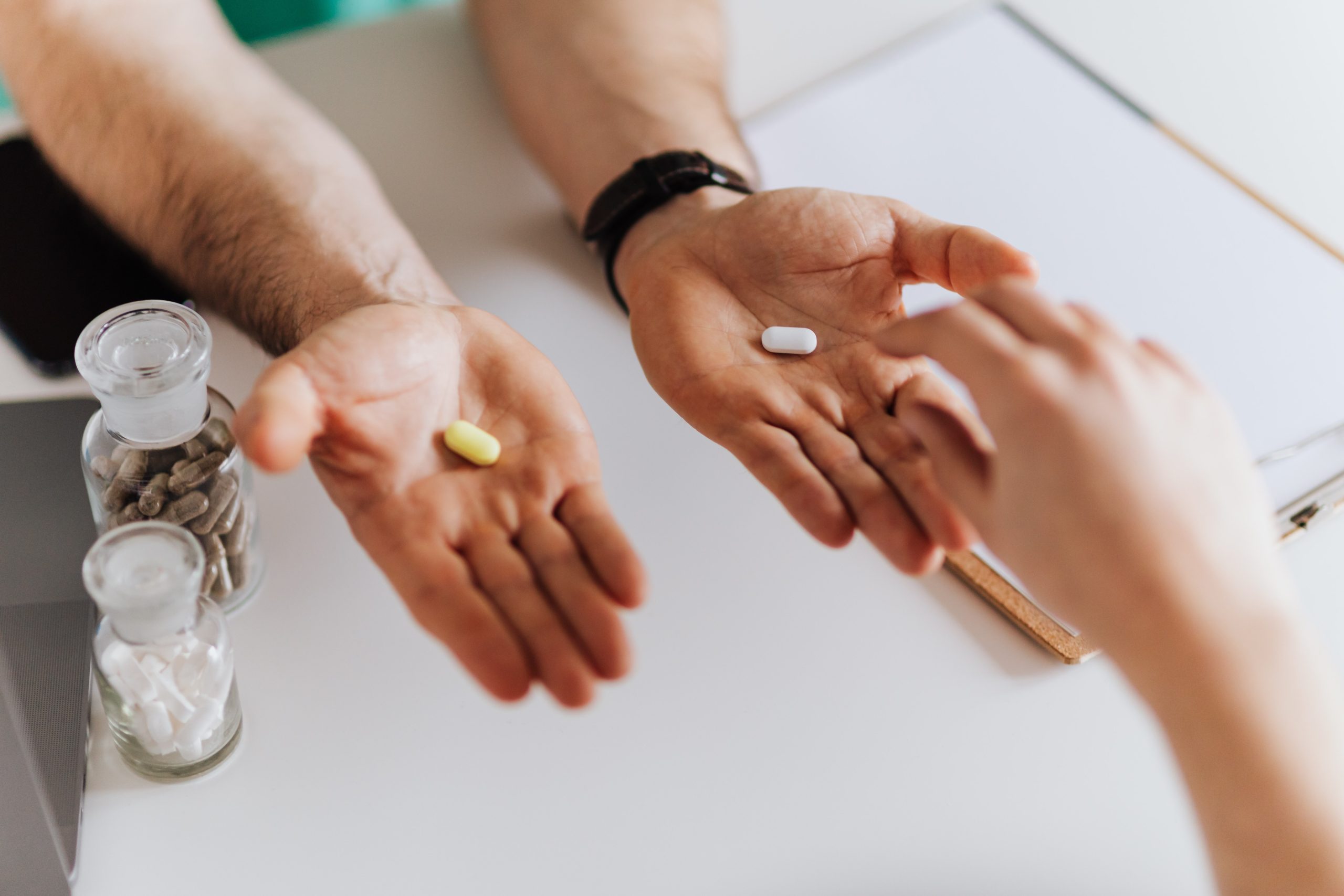Chronic Kidney Disease (CKD) Stage 2 is a condition in which there is mild to moderate decline in kidney function, as indicated by a decrease in the glomerular filtration rate (GFR), which measures how well the kidneys are filtering waste from the blood. In CKD Stage 2, the GFR is usually between 60 and 89 milliliters per minute.
CKD Stage 2 can affect your body in the following ways:
- Waste buildup: As the kidneys begin to lose their ability to function properly, waste and excess fluid can build up in the body, leading to symptoms such as swelling, fatigue, and nausea.
- High blood pressure: High blood pressure is a common complication of CKD and can further damage the kidneys and increase the risk of heart disease and stroke.
- Anemia: As the kidneys lose their ability to produce a hormone called erythropoietin, which stimulates the production of red blood cells, anemia can develop, causing fatigue and weakness.
- Weak bones: The kidneys play a role in regulating calcium and phosphate levels in the body, and when they are not functioning properly, this can lead to weak bones and an increased risk of fractures.
- Cardiovascular disease: People with CKD are at increased risk for cardiovascular disease, including heart attack and stroke, due to the buildup of waste products and other factors.
What Are The Symptoms Of Chronic Kidney Disease 2?
In Chronic Kidney Disease (CKD) Stage 2, there may be few or no symptoms, and the diagnosis is often made through routine lab tests. However, the following are some potential signs and symptoms of early stage CKD:- Mild decreases in kidney function, as measured by the glomerular filtration rate (GFR)
- Abnormal results in routine urine tests, such as proteinuria (excess protein in the urine)
- Swelling in the legs, ankles, or feet
- Fatigue
- Skin itching
- Poor appetite
- Nausea or vomiting
What Are Treatment Methods For Chronic Kidney Disease 2?
The treatment for Chronic Kidney Disease (CKD) Stage 2 is aimed at slowing down the progression of the disease, managing symptoms, and preventing complications. The following are some common treatment methods for CKD Stage 2:- Control underlying conditions: Treating any underlying conditions, such as diabetes and high blood pressure, that may be causing or contributing to the kidney damage is important for slowing down the progression of CKD.
- Healthy diet: A healthy diet can help manage the symptoms of CKD, such as swelling and high blood pressure, and slow down the progression of the disease. Your healthcare provider or a dietitian may recommend a low-sodium, low-protein, and potassium-restricted diet.
- Medications: Medications, such as angiotensin-converting enzyme (ACE) inhibitors or angiotensin receptor blockers (ARBs), may be prescribed to control high blood pressure and slow down the progression of CKD.
- Lifestyle changes: Making lifestyle changes, such as quitting smoking, reducing alcohol consumption, and increasing physical activity, can help improve overall health and slow down the progression of CKD.
- Regular monitoring: Regular check-ups and monitoring of kidney function, blood pressure, and other health markers are important to track the progression of CKD and prevent complications.
CKD Stage 2 Resources
There are a variety of resources available for researching Chronic Kidney Disease (CKD) Stage 2, including:- Healthcare provider: Your healthcare provider is an excellent resource for information and guidance about CKD, including diagnostic tests, treatment options, and lifestyle changes that can help manage the condition.
- Websites: Reliable sources of information about CKD include the National Kidney Foundation (www.kidney.org), the Centers for Disease Control and Prevention (www.cdc.gov), and the National Institute of Diabetes and Digestive and Kidney Diseases (www.niddk.nih.gov).
- Books: There are many books available that can provide information about CKD, including "The Kidney Disease Solution" by Duncan Capicchiano and "Chronic Kidney Disease, Dialysis, and Transplantation" by Dr. Paul L. Kimmel and Dr. Julie Ingelfinger.
- Support groups: Joining a support group for individuals with CKD can provide a community of people who understand the challenges of living with the condition and can provide support, advice, and information about treatment options.
Are you tired of living under the shadow of kidney disease? Are you yearning for a life free from the shackles of dialysis, kidney failure, and the looming threat of kidney transplants? If so, you're in the right place at the right time. Imagine waking up every morning with boundless energy, feeling rejuvenated and ready to take on the day. Envision a life where your kidneys are functioning optimally, and you no longer dread the burdensome routines of dialysis sessions. The Kidney Disease Solution Program is here to turn that vision into reality for you.


